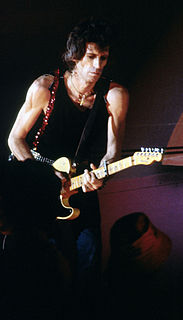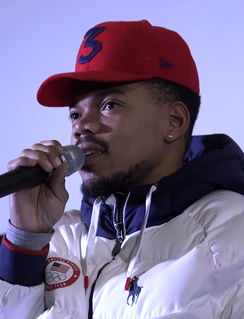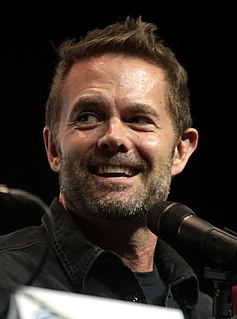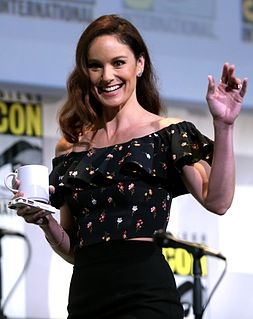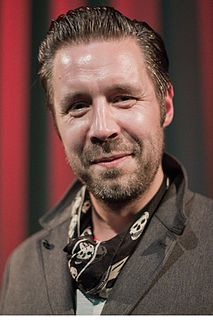A Quote by Spike Lee
I'm not the go-to guy. Everybody is trying to tell their story and have different ways of telling it.
Related Quotes
In fiction the narrator is a performance of voice, and it can be any style of voice, but I'm interested in the ways that a voice that knows it's telling a story is actually telling a different story than it intends to. In the way that I can sit here and tell you what I had for breakfast, but I'm really telling you that I'm having an affair, something like that. And I don't think my writing is plain, but I think a lot of my characters are just talking. There is vulnerability there, in that we can start to see through them, we can start to see where they're deceiving themselves.
The novel space is a pure space. I'm nobody once I go into that room. I'm not gay, I'm not bald, I'm not Irish. I'm not anybody. I'm nobody. I'm the guy telling the story, and the only person that matters is the person reading that story, the target. It's to get that person to feel what I'm trying to dramatize.
I like the idea all memory is fiction, that we have queued a couple of things in the back of our minds and when we call forth those memories, we are essentially filling in the blanks. We're basically telling ourselves a story, but that story changes based on how old we are, and what mood we're in, and if we've seen photographs recently. We trust other people to tell us the story of our lives before we can remember it, and usually that's our parents and usually it works, but obviously not always. And everybody's interpretation is going to be different.
I feel like I've kinda danced around telling the truest story I can for many years of my life. I've been a little distracted by trying to be shocking or edgy or cool or whatever, and by letting go of that and telling the truest story I can - even if it's about aliens and talking raccoons - it works.
I think that people have to have a story. When you tell a story, most people are not good storytellers because they think it's about them. You have to make your story, whatever story it is you're telling, their story. So you have to get good at telling a story so they can identify themselves in your story.
What serialized cable dramas have given us is the opportunity to not simply tell the same story with slightly different words and different costumes, every week. people are really mining the ability of storytellers to tell a long form story that goes from A to Z, and to trust that an audience will follow that. If they miss it, over the course of the week, they can watch it online or buy the DVD. There are so many different ways of interacting with it. Storytelling in television is getting more complex and more nuanced.

